How Much is Cooking Gas in Nigeria: July 2024 Update
How Much is Cooking Gas in Nigeria: July 2024 Update
Cooking gas, also known as Liquefied Petroleum Gas (LPG), is an essential energy source for many Nigerian households. Understanding the current prices and the factors influencing these costs is crucial for effective budgeting and financial planning. Here’s a comprehensive look at the cooking gas prices in Nigeria as of July 2024.
Current Cooking Gas Prices
As of July 2024, the average price for refilling a 12.5kg gas cylinder in Nigeria is approximately ₦11,250. However, prices can vary based on location, demand, and supply conditions.
Price Breakdown by Cylinder Size
- 1kg: ₦900
- 5kg: ₦4,500
- 10kg: ₦9,000
- 12kg: ₦10,800
- 12.5kg: ₦11,250
- 50kg: ₦45,000 (Okay.ng) (Classified Marketplace) (Nigerian Prices | Naija Price Watch).
Factors Influencing Cooking Gas Prices
1. Demand and Supply
The demand and supply dynamics significantly impact cooking gas prices. During certain periods, such as the rainy season, demand can increase as people cook more indoors, while supply might decrease due to transportation challenges.
2. Location
Prices vary between urban and rural areas. Urban regions typically have more suppliers and better infrastructure, which can lead to lower prices compared to rural areas where logistical challenges are greater.
3. Global LPG Prices
International market trends play a significant role in local prices. Changes in global LPG prices directly affect the landed cost of imported gas.
4. Exchange Rates
The devaluation of the Naira against major currencies like the US Dollar increases the cost of importing LPG, thereby raising prices for consumers.
5. Logistics and Infrastructure
The cost of transporting gas and the state of the road infrastructure can significantly impact prices. Poor infrastructure and high logistics costs contribute to higher retail prices.
6. Quality of Gas
High-quality gas from reputable suppliers might cost more but ensures better efficiency and safety, affecting overall consumer spending.
Managing Cooking Gas Expenses
To mitigate the impact of rising cooking gas prices, consider the following tips:
1. Use Efficient Appliances
Using energy-efficient cooking appliances, such as pressure cookers and induction stoves, can help reduce gas consumption.
2. Regular Maintenance
Ensure your gas cylinders and stoves are in good condition to prevent leaks and wastage.
3. Bulk Purchasing
Buying larger cylinders can be more cost-effective in the long run as the price per kilogram is often lower for larger quantities.
4. Monitor Usage
Track your gas usage to identify any patterns or habits that lead to higher consumption, allowing for adjustments to reduce costs.
5. Choose Reputable Suppliers
Always purchase gas from reputable and certified suppliers to ensure you get quality gas that lasts longer and is safer to use.
Conclusion
Understanding the factors that influence cooking gas prices in Nigeria can help consumers better manage their expenses. As of July 2024, the cost for refilling a 12.5kg gas cylinder is around ₦11,250. By adopting efficient usage practices and staying informed about market trends, households can mitigate the impact of rising gas prices.
For more detailed and up-to-date information, you can visit sources like Okay.ng and BetaSales.


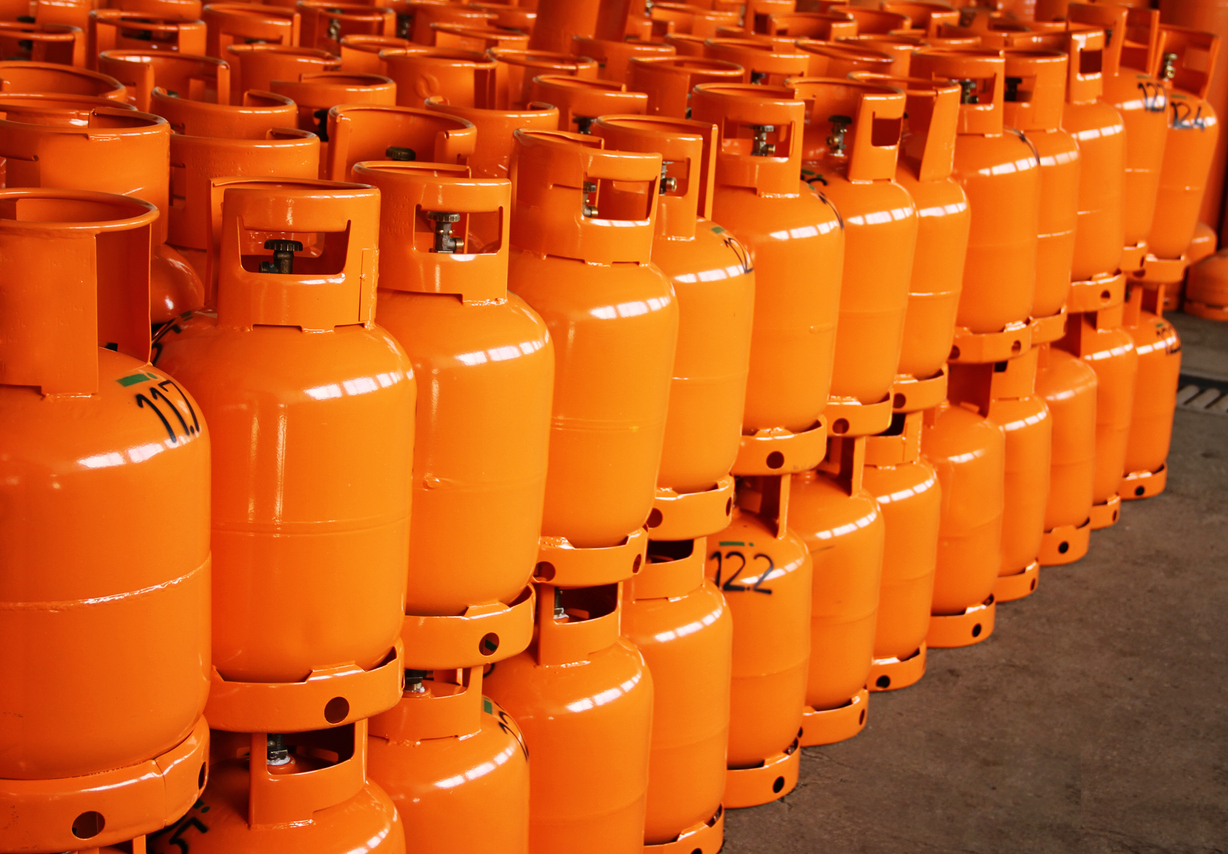
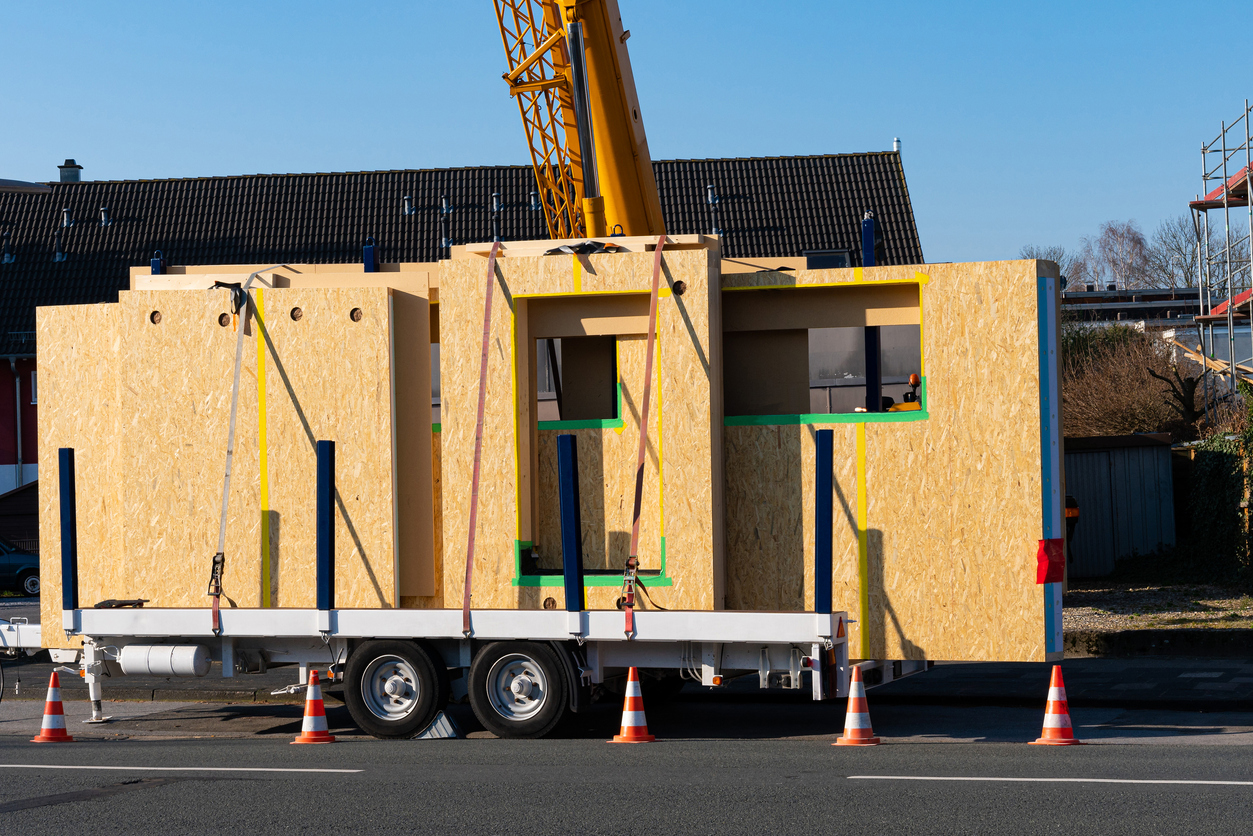
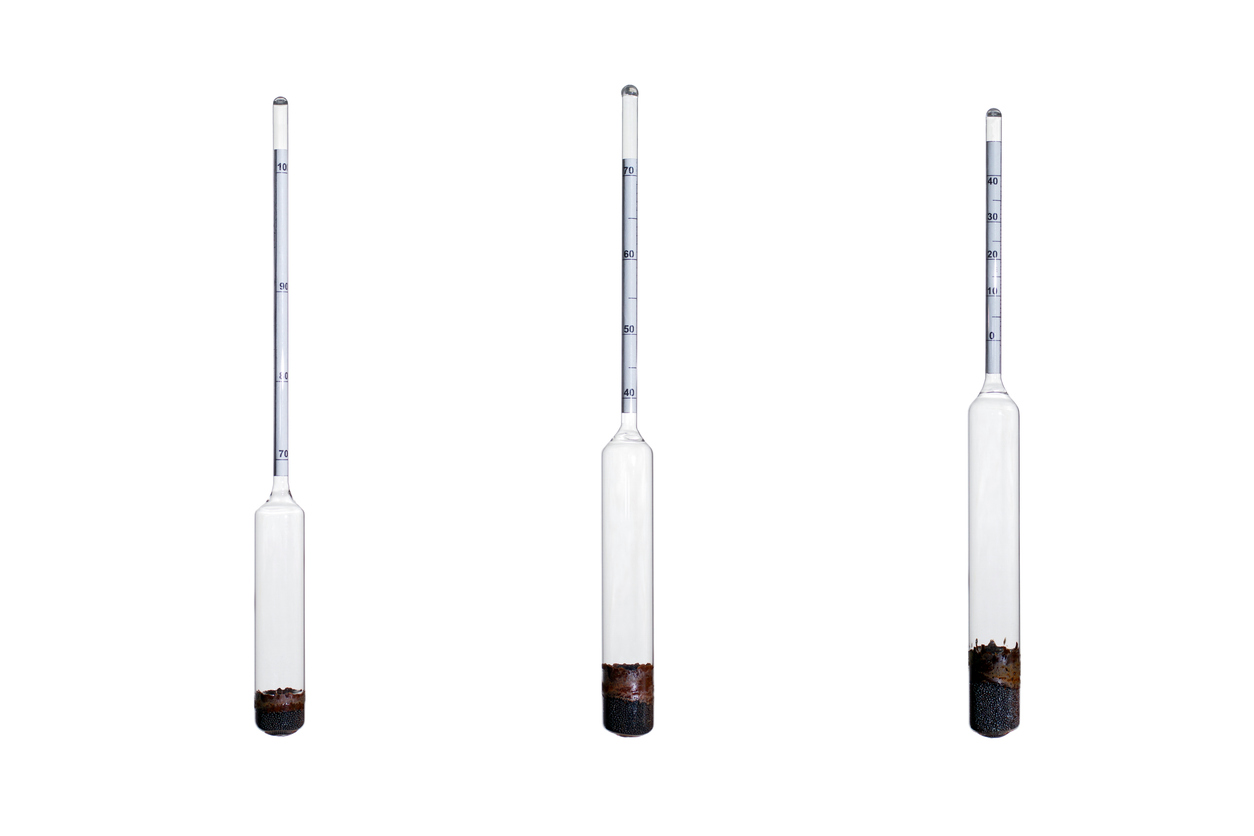
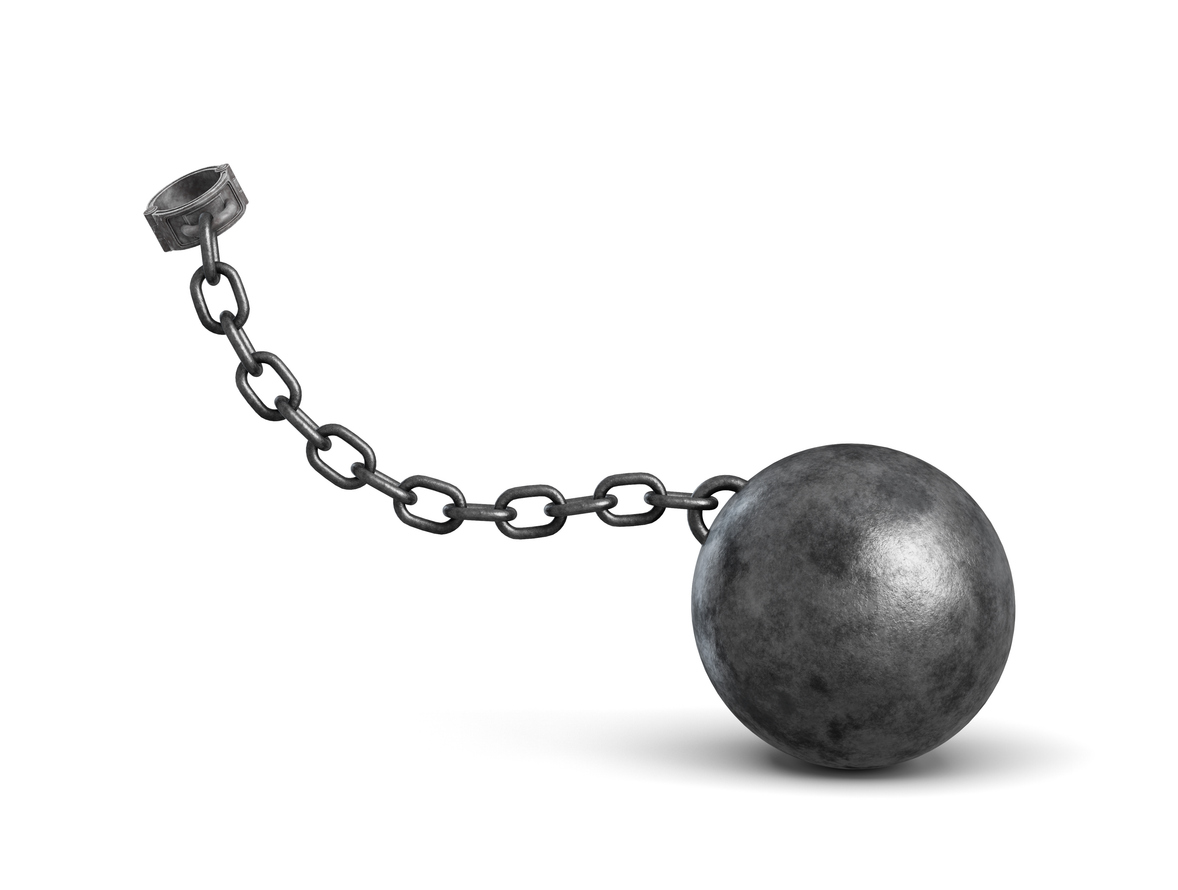
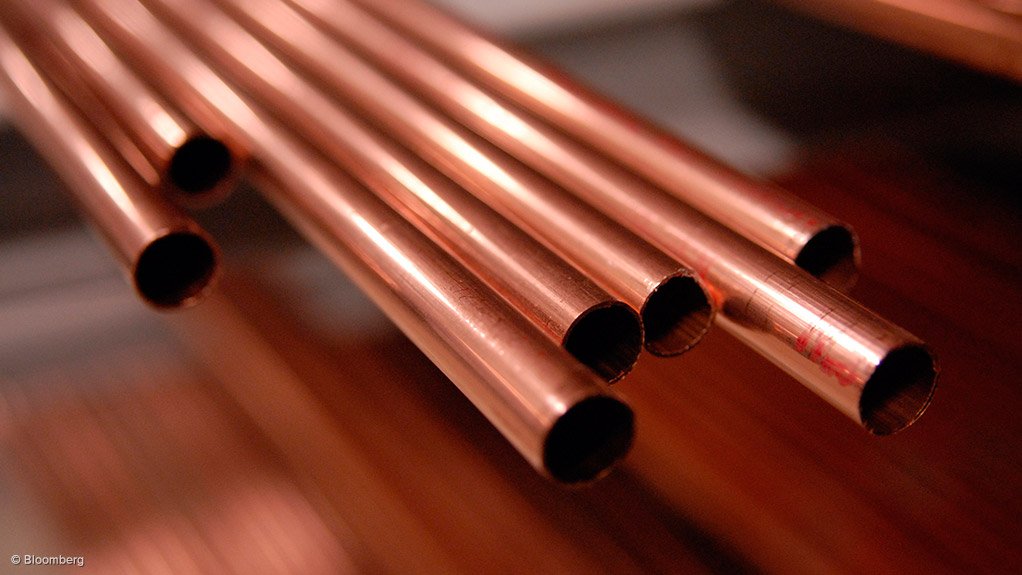
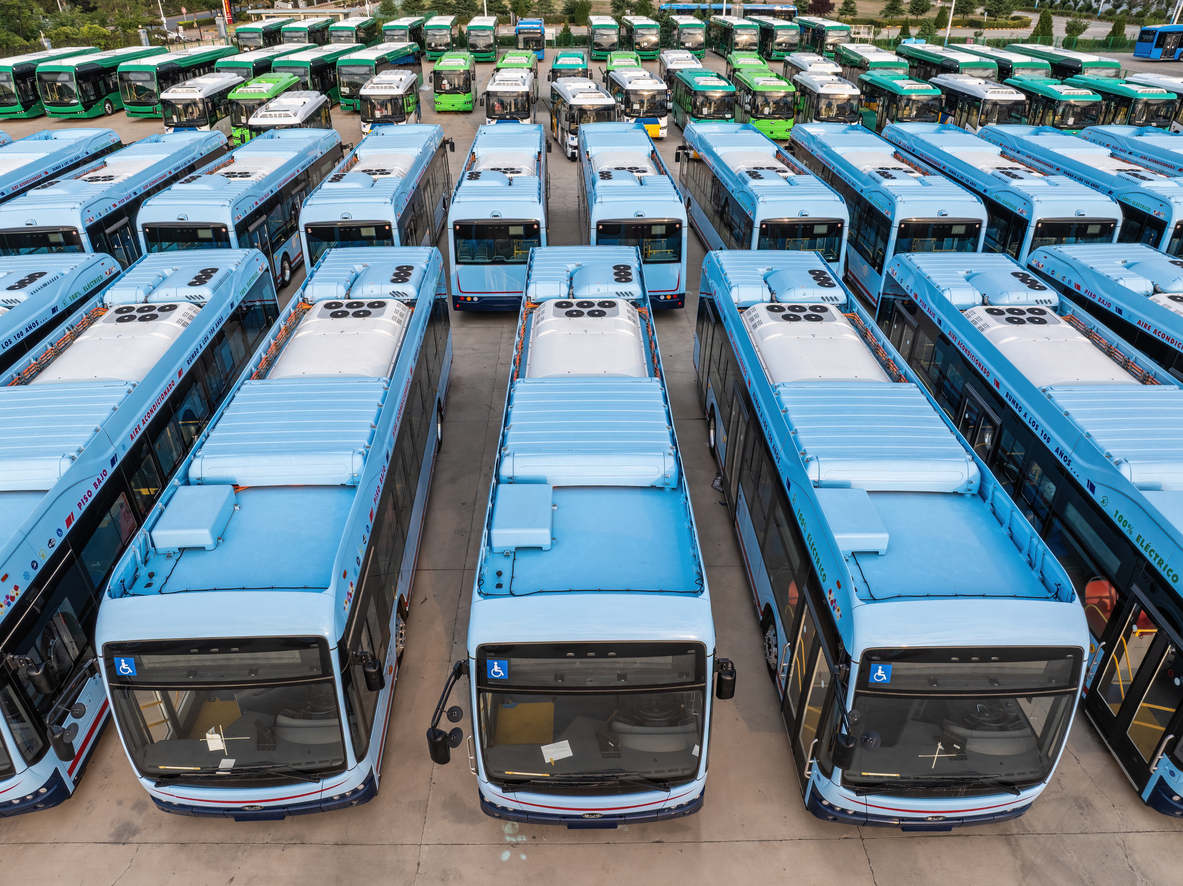
Comments are closed.